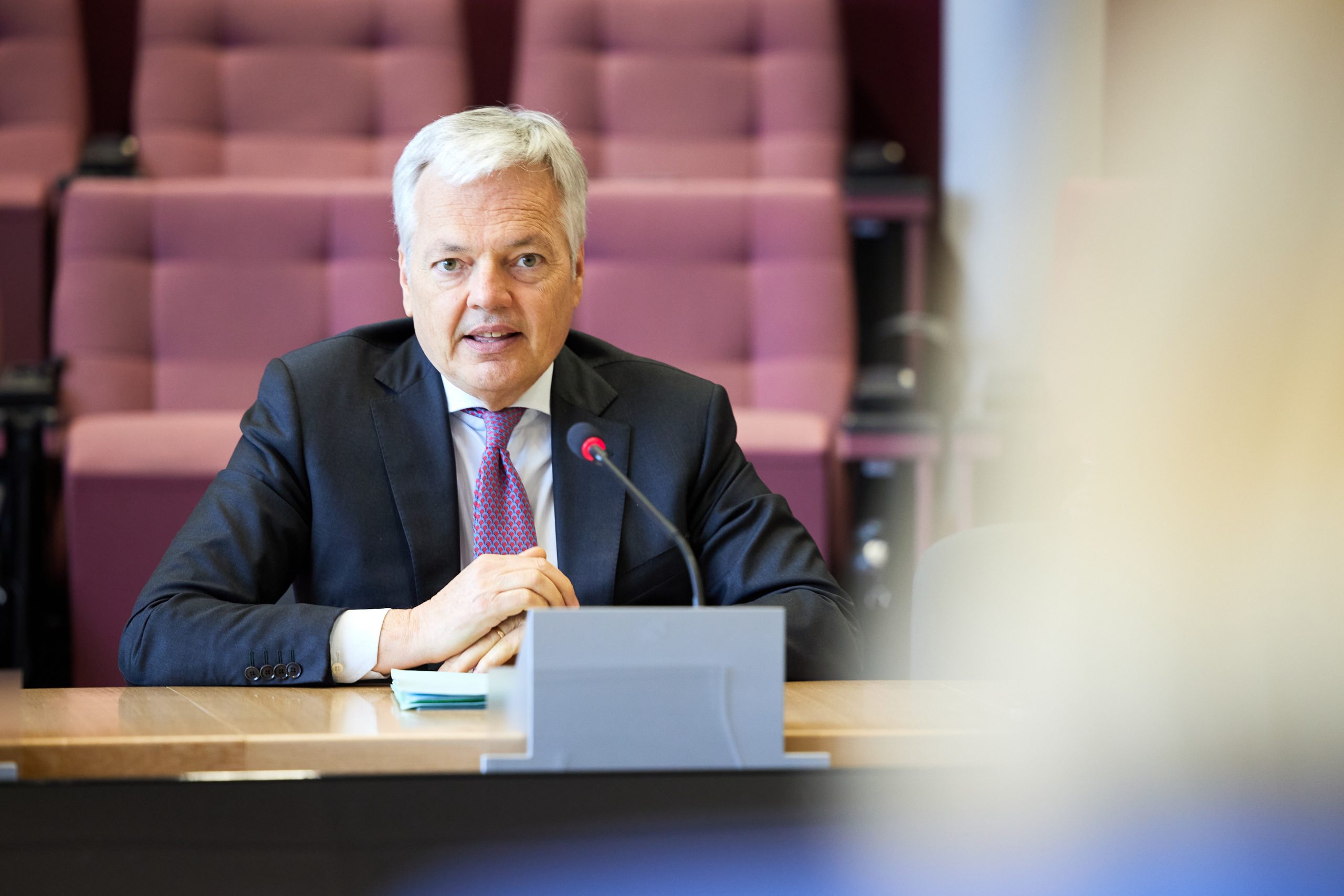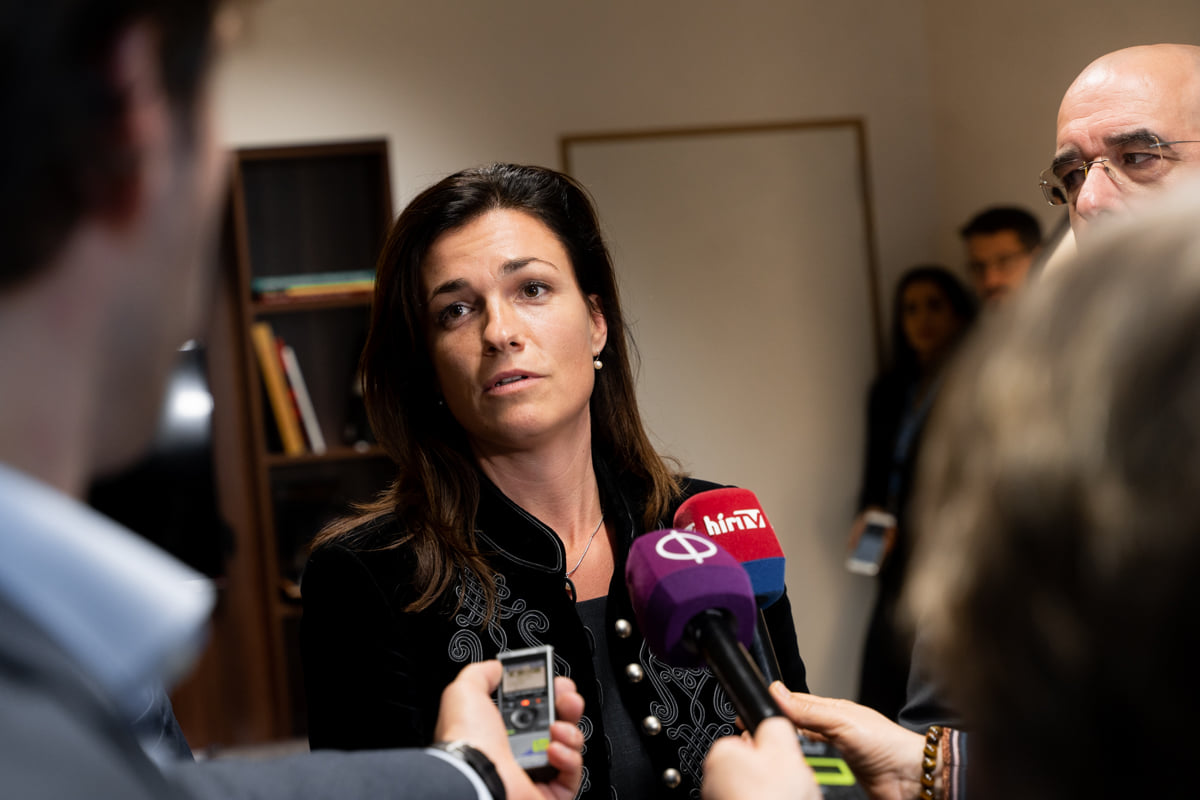
According to EU Justice Commissioner Reynders, it is important to continue the dialogue on the rule of law, even in a tense international context, in order to show that the EU "has rules of international order."Continue reading

It is important to continue a “constructive dialogue” with the European Union, Justice Minister Judit Varga said following a meeting of EU affairs ministers in Brussels on Monday.
In an interview to MTI, Varga said she would pay an official visit to Brussels probably in June, and have talks with justice commissioner Didier Reynders. She said she would call the European Commission’s attention “to the fact that the Hungarian government has met a number of expectations but the Commission communicates as if those actions had not been taken”. For example, she mentioned legislation concerning the transparency of civil organisations and addressed the problem in line with the Commission’s expectations. “The case must be closed, Hungary has done what it was expected to do,” she said, but added that the law continued to aim to ensure transparency of civil organisations “using large resources and having great influence on public affairs”.
Concerning her hearing held as part of an Article 7 procedure concerning the rule of law in Hungary earlier in the day, Varga said it was like “parallel monologues” rather than a real dialogue, which she said had proved that “it is a political procedure with nothing to do with the rule of law”.
“We have no more to do in this procedure than to meet the expectations of the Hungarian people; our voters have made a choice concerning Hungary’s EU policy, and decided that the government should protect borders, families, and national sovereignty,” she insisted.
Concerning the rule of law mechanism, Varga said the Commission had asked the Hungarian government to provide information; “it is a misconception that they are aiming at sanctions or cutting funds”. “The position is that at the end of the procedure they could cut resources we have not even been granted,” she said. Communication between the government and the Commission is uninterrupted but “there are red lines that voters have drawn such as the child protection law and the security of energy supplies; those lines must not be crossed”, she said.
On another subject, Varga said that in the series of conferences concerning the future of Europe some 2,600 proposals had been raised, which “reflect that Hungarians wish to return to a Europe respecting national competencies, if necessary, even through amending the EU treaties”.
“This direction may not be attractive to the federalists, but it is a legitimate position,” she said, adding that the opposite view would not serve the interests of nation states and smaller members.
Meanwhile, the minister said the EU’s economic recovery mechanism may not address challenges around energy supplies, creating “structural challenges in countries without a seaside due to sanctions against Russian energy imports”.
Featured photo via Judit Varga’s Facebook page